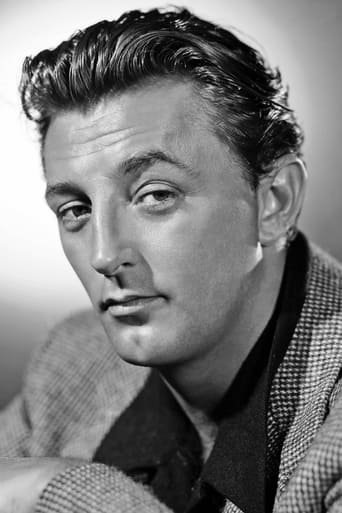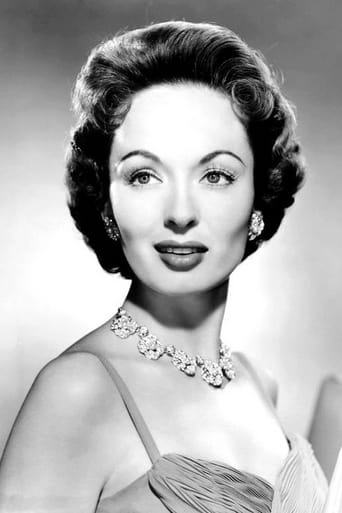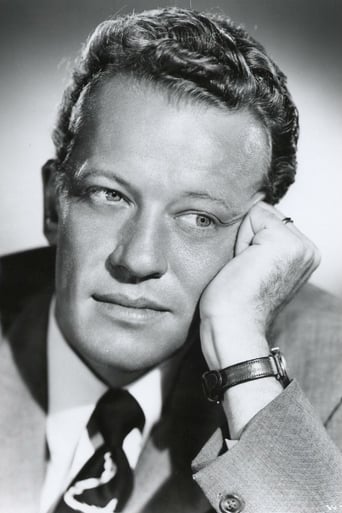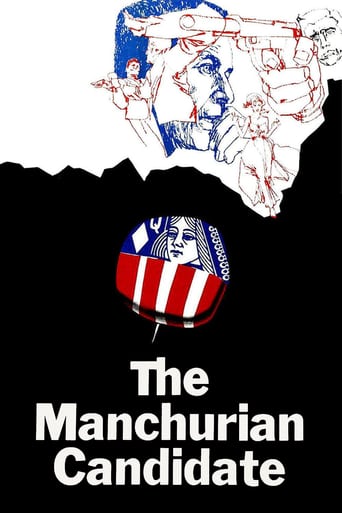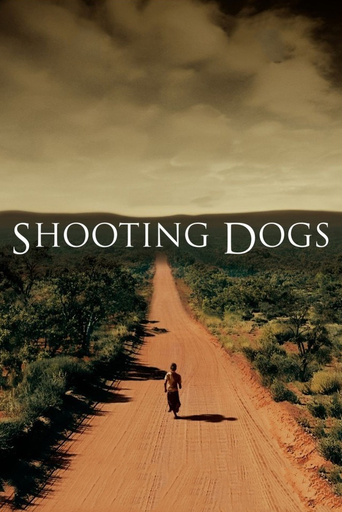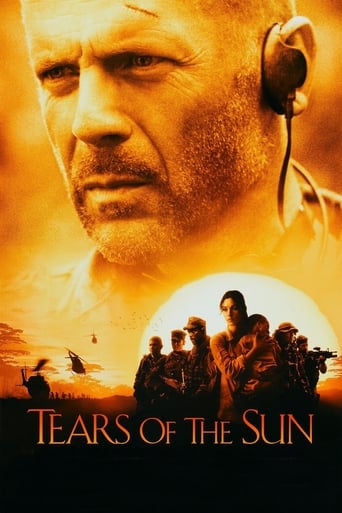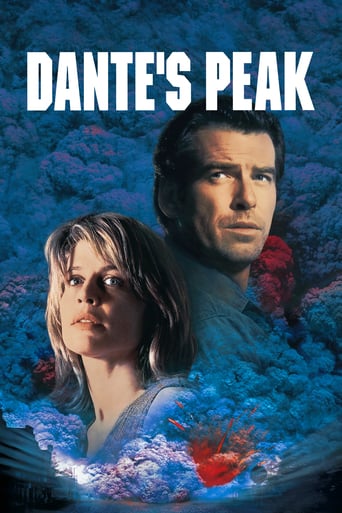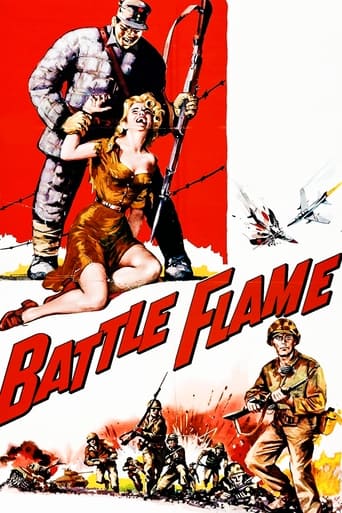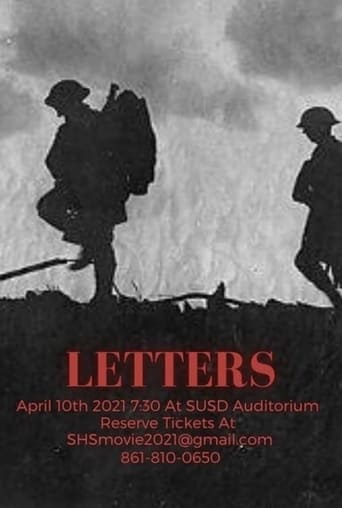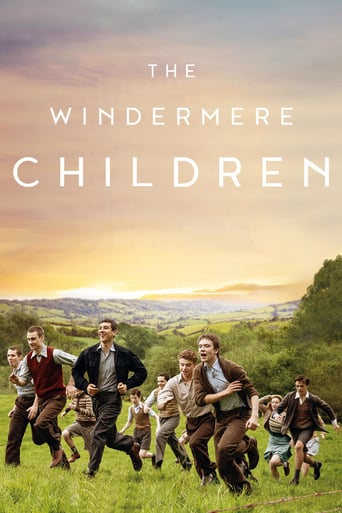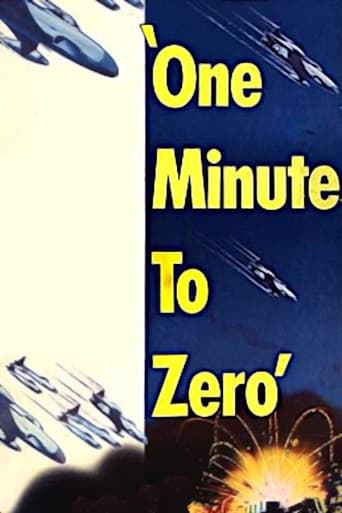
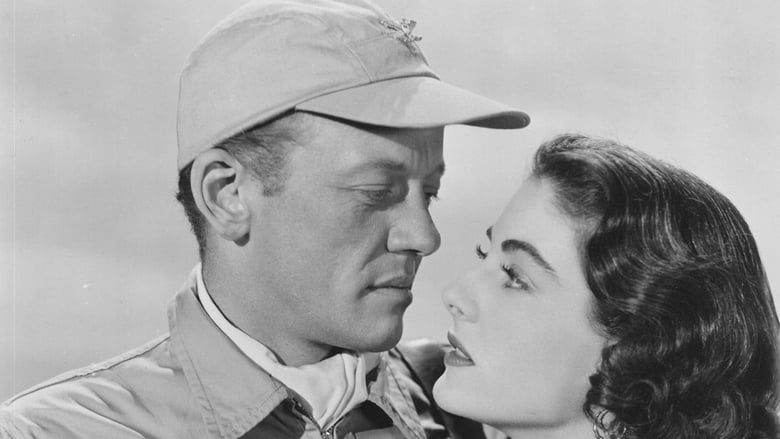
One Minute to Zero (1952)
An idealistic United Nations official learns the harrowing truth about war when she falls in love with an American officer charged with the evacuation of civilians. As hostilities escalate, the officer and his small detachment are left to hold the line until allied forces can be brought into action.
Watch Trailer
Cast
Similar titles

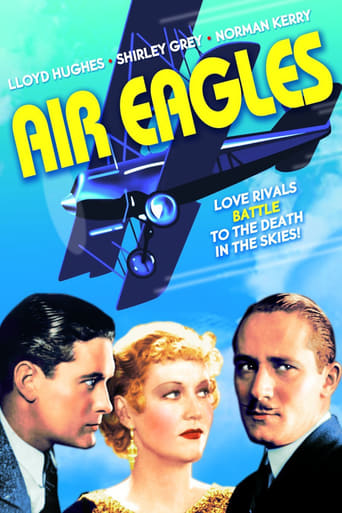
Reviews
Although it has its amusing moments, in eneral the plot does not convince.
When a movie has you begging for it to end not even half way through it's pure crap. We've all seen this movie and this characters millions of times, nothing new in it. Don't waste your time.
This is a coming of age storyline that you've seen in one form or another for decades. It takes a truly unique voice to make yet another one worth watching.
Through painfully honest and emotional moments, the movie becomes irresistibly relatable
Rather dreary Korean War drama where everybody appears to be performing "by the numbers". There's none of the intensity expected of those life-and-death situations that distinguish the era's better war films (Bridges of Toko-Ri; Pork Chop Hill; Retreat, Hell!). The action never really gels, which I suppose is the fault of director Garnett who appears disengaged from what's on screen. It doesn't help that the screenplay also appears stitched together from a host of war movie clichés, few of which stick around long enough to establish themselvesthe wives, the ethnic grunts, the lonely orphan. It's like a runner in baseball thinking he has to touch all 100 bases before he can score.Of course, the film does contain one dramatic highlight that caused considerable controversy at the time, but has since proved revealingthe intentional shelling of civilian refugees by American forces. The screenplay tries to soften the impact with North Korean infiltrators holding refugees at gunpoint, but the destruction occurs anyway. Now, that was really a pretty gutsy move on somebody's part since the war was still going on when the movie was released in 1952.Though not publicized at the time, we now know from proved incidents such as No Gun-Ri (There was more than one eye-witness, and the only dispute is over the number killed) that such atrocities did occur on our side as well as the enemy's. And though not included in highschool history texts, there was considerable sympathy for the North from the peasantry of the South because of the landlord-dominated government of the South, many of which had collaborated with hated Japanese occupiers during WWII. As a result, considerable guerilla activity occurred in the South both before and during the war itself. Details such as these cast light on the basic accuracy of the movie's depiction. Ironically, the problem for GI's was the same here as in Vietnamhow to distinguish friendly civilians from the enemy, while too often the solution was to kill them all. But when your own life is on the line, what do you do? That's why Mitchum's Col. Janowski is so torn.Apparently studio honcho Howard Hughes had high hopes for the production since his name appears above the title. And even though the seams from stock footage are pretty obvious, the film is well produced with locations at Fort Carson, Colorado, where the terrain was said to resemble that of Korea. But background and special effects can hardly compensate for the general listlessness of the results or the ill-conceived Ann Blyth role. Nonetheless, the movie does remain memorable for its one revealing episode.
In 1999 there was a big to-do about a supposed atrocity during the Korean War, the strafing of civilians fleeing fighting during the initial push by the North Koreans down the Korean peninsula at No Gun Ri. It turned out that the main eyewitness for the story was a liar who was not even in in-country in 1950. The fuss would have been no surprise to viewers of this movie. Here it was artillery fire rather than air attack that caused civilian casualties, but the situation was basically the same. The film depicts the sad necessity of firing on a column of refugees, driven at gunpoint by communist soldiers hidden among them in civilian clothes, who were trying to get past U.N. lines. The blame in the movie is clearly on the commies, but there is no attempt to gloss over the ugly necessities of war. This movie was the first time I ever heard the phrase "Fire for Effect", a phrase I was to utter myself frequently years later as an artillery officer in Vietnam and Cambodia.
If you like battle scenes, "One Minute to Zero" is for you. Produced by Howard Hughes, it stars Robert Mitchum, Ann Blyth, Richard Egan, Charles McGraw and William Talman. Mitchum and the other men are fighting the Korean War and Ann Blyth, a war widow, is working for the United Nations. They fall in love, but she turns against him when she sees him give the order to kill refugees who are, he believes, probably guerrillas smuggling in weapons.Someone mentioned the score. Frankly, I thought if I heard the strains of "When I Fall in Love" one more time, I was going to throw something at the television.Mitchum does a fine job; Talman and McGraw are in unusual roles for them, and they handle them well. Talman would go on to be Hamilton Burger on "Perry Mason." Blyth is good, very pretty, and a far cry from that bratty Veda in Mildred Pierce.All in all, a pretty detached experience. It's filled with testosterone - the guys will love it.
This movie could have been made by the US Army but I am glad it wasn't. I found it to be entertaining, with good acting given a very familiar plot with lost of action. This is one of those movies the critics generally hate and the audiences like - there is nothing unique except the chemistry of the actors and fast moving action direction which makes for an entertaining movie for me. Ann Blyth wanted to be a singer but combined acting and singing in most of her movies somewhere. She and Robert Mitchum sing a duet of sorts which was very entertaining. I wonder how many people know Robert Mitchum had a #1 hit in the mid 50s " Thunder Road" - so he can sing some.
